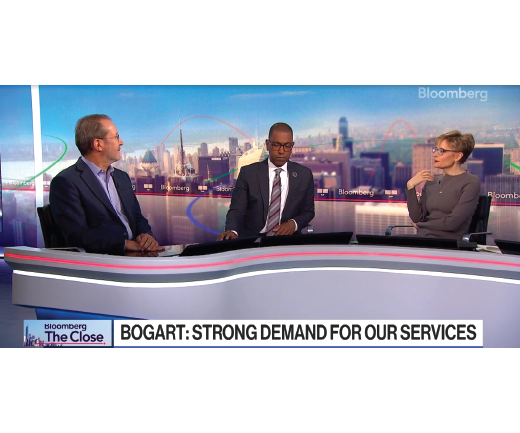Christopher Bogart, CEO, Burford Capital: What's happening is every year that goes by you see a greater level of corporate participation.
Christopher Halmy, Former CFO, Ally Financial: A CFO really wants their costs to be predictable. They want it to be smooth, and that is everything that litigation costs are not. One of the issues that we always have as CFOs is we want to reinvest our liquidity, our dollars into the core business. So, when it comes to cost, you want your cost to be spent in places that really drive the core business, not necessarily in places like litigation.
Josh Schmidt, Chief Legal Officer and Corporate Secretary, InterDigital, Inc: I mean, we have a budgeting process every year, so we establish a litigation budget, but for us, litigation is viewed as an investment, right? We look at every litigation from an ROI perspective.
Ryan Dunigan, Senior Division Counsel, Corning Incorporated: We try to avoid litigation, but if we have to bring it or defend it, it's about, you know, ensuring that our company is protected and it's going to bring value in some way to the company
Kim Magyar, VP & General Counsel, McLane Retail: We at McLane have tried to have a culture shift and really a mindset shift on trying to determine is there an opportunity to turn our legal department into revenue generators instead of always a suck on the bottom line. And that's really been helpful for us to be able to analyze that and make that mind shift change into actually actively pursuing an affirmative recovery program.
Christopher Halmy: Once again, if litigation is really outside of your core business, but it's an asset that you can continually monetize over time, and the monetization of that could be unpredictable, particularly when it comes to duration of that asset, then how do I really cap my downside while still keeping some relative upside? And litigation funding really provides that, right? I can control my costs, I can somewhat pass some of that duration risk off to the litigation funder because I'm not really using my own expenses or my own costs or my own liquidity into that asset. And then I reach some sort of benefit on that over time, and I'm bringing in some incremental money that I could use to fund, once again, some of my core business.
Bill LaFontaine, Former General Manager, Intellectual Property, IBM: IBM has probably the last corporate research division left in the United States and maybe even in the world. And to make it work, you have to find other ways to partner and monetize the work that's done.
Christopher Halmy: And litigation funding can also provide a way for CFOs to manage that liquidity over quarter ends. And we've seen that Burford, you saw Burford do a large corporate deal last year that was important to the CFO, who was able to manage his liquidity numbers over year end. So it's not just about costs, it's also about liquidity.
Kim Magyar: And we've utilized, you know, and been funded, and so it's been beneficial for us, again, predictability, certainty, understanding, you know, rather than this potential recovery far down the road, being able to really, you know, sort of assess and bring the value in the benefit at an earlier stage, a known benefit rather than, you know, this esoteric potential benefit.





